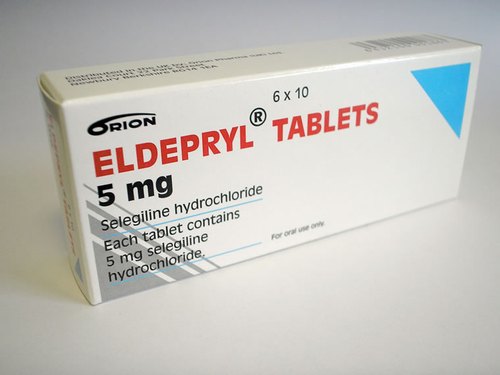

Eldepryl, also known by its generic name selegiline, is a medication primarily used to treat Parkinson’s disease. It belongs to a class of drugs called monoamine oxidase inhibitors (MAOIs), which work by increasing the levels of certain neurotransmitters in the brain, such as dopamine. This increase in dopamine helps to alleviate some of the symptoms associated with Parkinson’s disease, such as tremors, stiffness, and difficulty with movement.
Eldepryl is often prescribed in combination with other medications used to treat Parkinson’s disease, such as levodopa. It can help to enhance the effectiveness of these other medications and may also help to reduce the dosage needed, potentially minimizing side effects. However, it’s important to follow your doctor’s instructions carefully when taking Eldepryl, as it can interact with certain foods and other medications, potentially causing dangerous side effects. Common side effects of Eldepryl may include nausea, dizziness, insomnia, and headache, but these typically subside as your body adjusts to the medication. Overall, Eldepryl can be an effective treatment option for individuals with Parkinson’s disease when used as part of a comprehensive treatment plan tailored to their specific needs.

